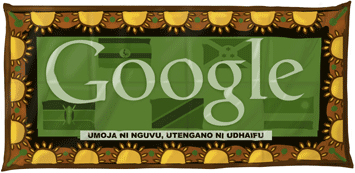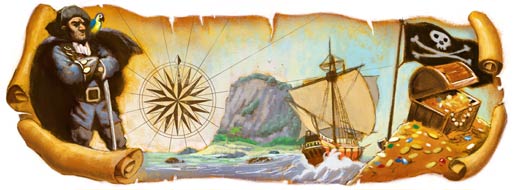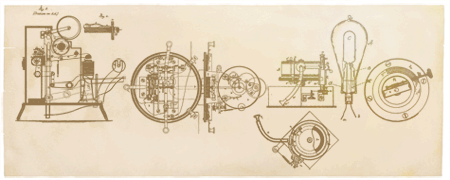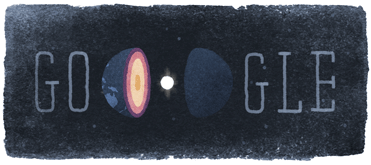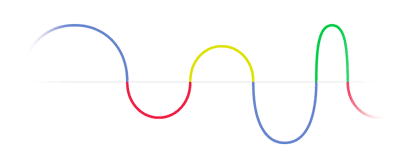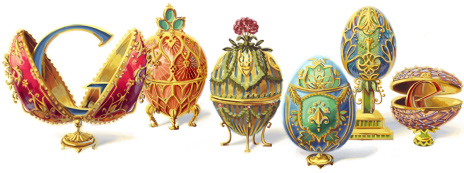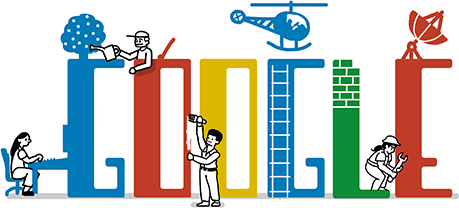BBC's Johnston describes relief /YUPO HURU SASA
Johnston alitekwa karibu siku mia na ushee sasa wamemwachia
Si mateka sasa.. mmmmm Binaadamu tuna mabalaa sisi mmmm
BBC's Johnston describes relief
Mr Johnston said his time in captivity was the worst of his life
Johnston reaction BBC reporter Alan Johnston has said it is "just unimaginably good to be free" after 114 days in captivity in Gaza.
He said his ordeal felt like being "buried alive", and was "sometimes quite terrifying".
Mr Johnston, 45, was handed over to the Palestinian militant group Hamas in Gaza City. Britain said the group had played a key role in his release.
The reporter said he had not been tortured by the Army of Islam group which seized him on 12 March.
Several hours later he appeared live on TV, thanking BBC colleagues and others who had supported him throughout his time in captivity.
He vowed to return to "obscurity" and said he would try to "stay out of trouble" in future.
I literally dreamt many times of being free and always woke up back in that room
Alan Johnston
Hamas role in release
Johnston describes ordeal
Chain of events
He said he found the experience frightening "because I didn't know how it was going to end," but said he never considered escape as a real possibility.
Mr Johnston was speaking from the British Consulate in Jerusalem, where he is recovering before flying back to the UK.
His parents visited BBC World Service offices on Wednesday, thanking staff for the "tremendous support" which gave them strength.
His father Graham said he and his wife were "overjoyed" at their son's release.
"It's been 114 days of a living nightmare," he said.
Gordon Brown, in his first prime minister's questions session in the UK parliament, said: "The whole country will welcome the news that Alan Johnston, a fearless journalist whose voice was silenced for too long, is now free."
Mr Brown acknowledged the "crucial" role played by Hamas in securing Mr Johnston's release.
But a spokesman for Mr Brown said Britain's policy towards Hamas had not changed, and the movement was still expected to recognise Israel and show a commitment to non-violence.
New haircut
Mr Johnston said he had been comforted by efforts to free him, which he knew about because he had access to the BBC World Service on the radio for much of his confinement.
Alan Johnston profile
In pictures: release
BBC statement in full
Joy in Jerusalem
Rallies worldwide had called for Mr Johnston's release. An online petition was signed by some 200,000 people.
"That is twice the size of Wembley. I just could not believe it," he said.
He thanked colleagues, international media and ordinary people for organising "the most extraordinary international campaign" for his release.
"The thing you don't want is to be left behind, buried alive, and have the world go on around you," he said.
He appeared with a cleanly-shaven head, saying one of his first acts after his release was "going to the barbers and getting rid of that just-kidnapped look".
"Maybe you have to have been a prisoner of some kind, for some time, to know how good it is just to be able to basic things that freedom allows," he said.
"You want to do everything at the same time, to read books and newspapers, go to the movies, go to the beach and sit in the sun, and eat and talk and all the rest of it."
Hamas role
Having worked in Gaza for the past three years, Mr Johnston said he was well aware of Palestinian traditions of hospitality and regarded his abductors as an "aberration".
THE EDITORS' BLOG
From all at the BBC - to all who helped secure Alan's freedom - thank you
Jon Williams,World news editor, BBC News
Jon's comments in full
He said he was looking forward to being re-united with his family, expressing sorrow that his "actions" had brought turmoil to their lives.
The BBC reporter was handed over in the early hours of Wednesday morning to officials of Hamas, which took control of Gaza last month.
He later appeared beside Ismail Haniya, a Hamas leader in Gaza, who said the result "confirms [Hamas] is serious in imposing security and stability and maintaining law and order in this very dear part of our homeland".
'Dream of freedom'
Mr Johnston described how he was seized. He said a car pulled in front of him and armed men jumped out.
Having covered many kidnappings, he said: "I had imagined what it would be like dozens of times and it was exactly like that - it was a faintly surreal experience as if I had lived it before."
Mr Johnston said during his captivity "it became quite hard to imagine normal life again".
HAVE YOUR SAY
I was so happy when I heard this news this morning, I am over the moon too for Alan and his whole family
Amanda, Glasgow
Send us your comments
Reactions in quotes
"The last 16 weeks have been the very worst of my life," he added. "I was in the hands of people who were dangerous and unpredictable.
"I literally dreamed many times of being free and always woke up back in that room."
Mr Johnston said he was not tortured during captivity but he did fall ill from the food he was served.
He was able to see the sun in the first month but was then kept in a shuttered room until a week before his release, he said.
He said he had few conversations with his captors, but that in one, a leader of the Islamist group "described me as a prisoner in the war between Muslims and non-Muslims, a phrase which saddened me really".
"I guess I'm a non-Muslim but I'm really not at war with anybody."
Mr Johnston was kept in chains for 24 hours but was not harmed physically until the last half hour of his captivity, when his captors roughed him up "a bit".





